Charities trial contactless boxes to combat decline in cash donations
People donating by debit or credit card typically give more
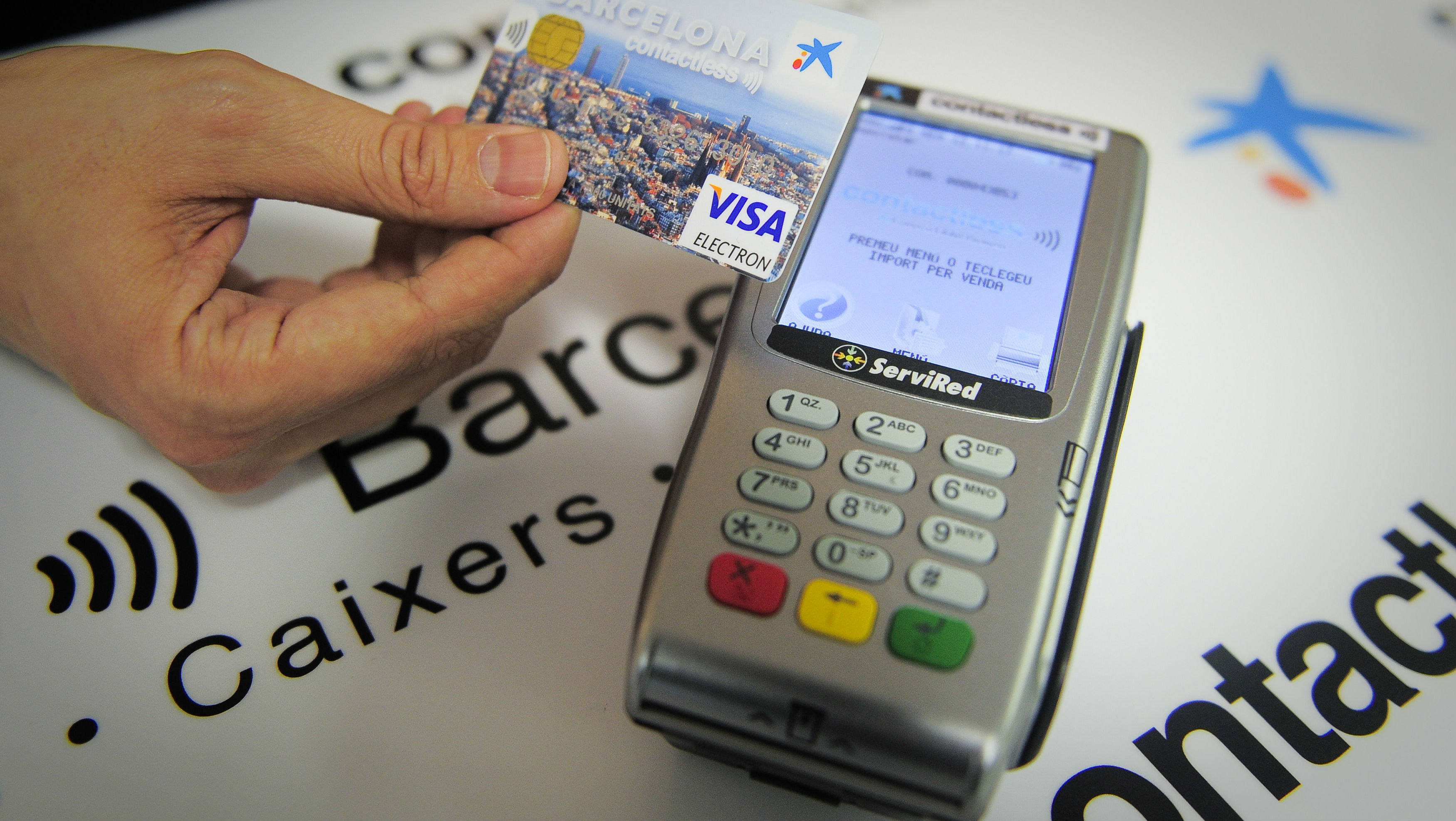
A free daily email with the biggest news stories of the day – and the best features from TheWeek.com
You are now subscribed
Your newsletter sign-up was successful
Charity boxes allowing shoppers to make donations with contactless payment cards are to be introduced in the UK.
Fundraisers hope the option will make up for a decline in cash donations, which is blamed partly on the rise in card transactions and the subsequent decline in people carrying cash.
There is also evidence to suggest that when people donate using their debit or credit card, they tend to make a larger average donation.
The Week
Escape your echo chamber. Get the facts behind the news, plus analysis from multiple perspectives.

Sign up for The Week's Free Newsletters
From our morning news briefing to a weekly Good News Newsletter, get the best of The Week delivered directly to your inbox.
From our morning news briefing to a weekly Good News Newsletter, get the best of The Week delivered directly to your inbox.
The roll-out follows a successful trial of boxes fitted with wireless receivers "in response to fears about the rise of the cashless society cutting off a lifeline for charities", says the Daily Telegraph.
During the trial, which included Oxfam and the NSPCC, donors gave an average of £3.07, three times as much as the usual cash donation.
According to Barclaycard, which developed the new donation boxes, contactless spending grew by 166 per cent last year. More than half of adults now make a transaction with a contactless card at least once a month.
According to YouGov research, one in seven people have admitted to walking away from giving a donation because they did not have any cash on them.
A free daily email with the biggest news stories of the day – and the best features from TheWeek.com
Cash now accounts for less than half of all transactions in the UK. According to the Charities Aid Foundation, charitable donations in the UK fell by £500m in 2015.
-
 How the FCC’s ‘equal time’ rule works
How the FCC’s ‘equal time’ rule worksIn the Spotlight The law is at the heart of the Colbert-CBS conflict
-
 What is the endgame in the DHS shutdown?
What is the endgame in the DHS shutdown?Today’s Big Question Democrats want to rein in ICE’s immigration crackdown
-
 ‘Poor time management isn’t just an inconvenience’
‘Poor time management isn’t just an inconvenience’Instant Opinion Opinion, comment and editorials of the day
-
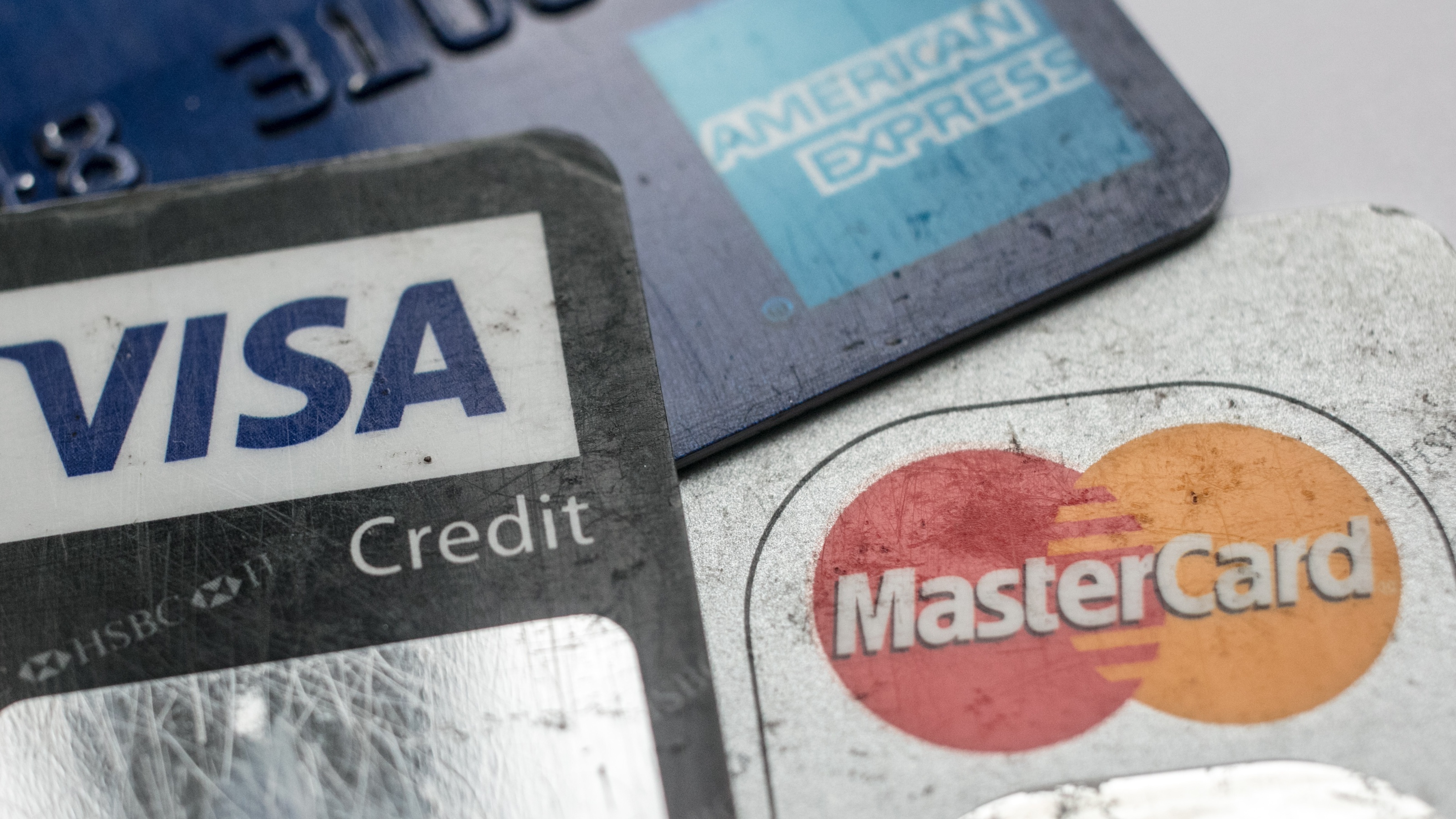 Brits keeping 21 million ‘money secrets’ from friends and family, survey reveals
Brits keeping 21 million ‘money secrets’ from friends and family, survey revealsSpeed Read Four in ten people admit staying quiet or telling fibs about debts or savings
-
 London renters swap cramped flats for space in suburbia
London renters swap cramped flats for space in suburbiaSpeed Read New figures show tenants are leaving Britain's cities and looking to upsize
-
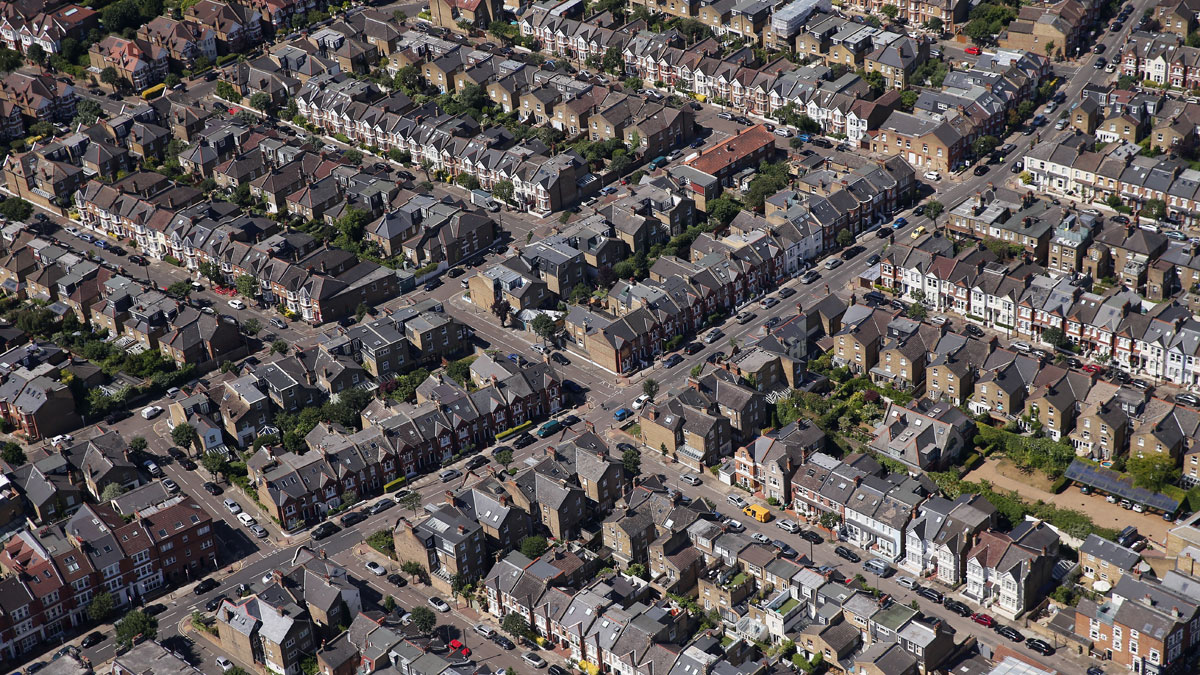 Should the mortgage holiday scheme have been extended?
Should the mortgage holiday scheme have been extended?Speed Read Banks warn that some homeowners may struggle to repay additional debt
-
 RBS offers coronavirus mortgage holidays
RBS offers coronavirus mortgage holidaysSpeed Read Taxpayer-owned bank follows measures taken in virus-struck Italy
-
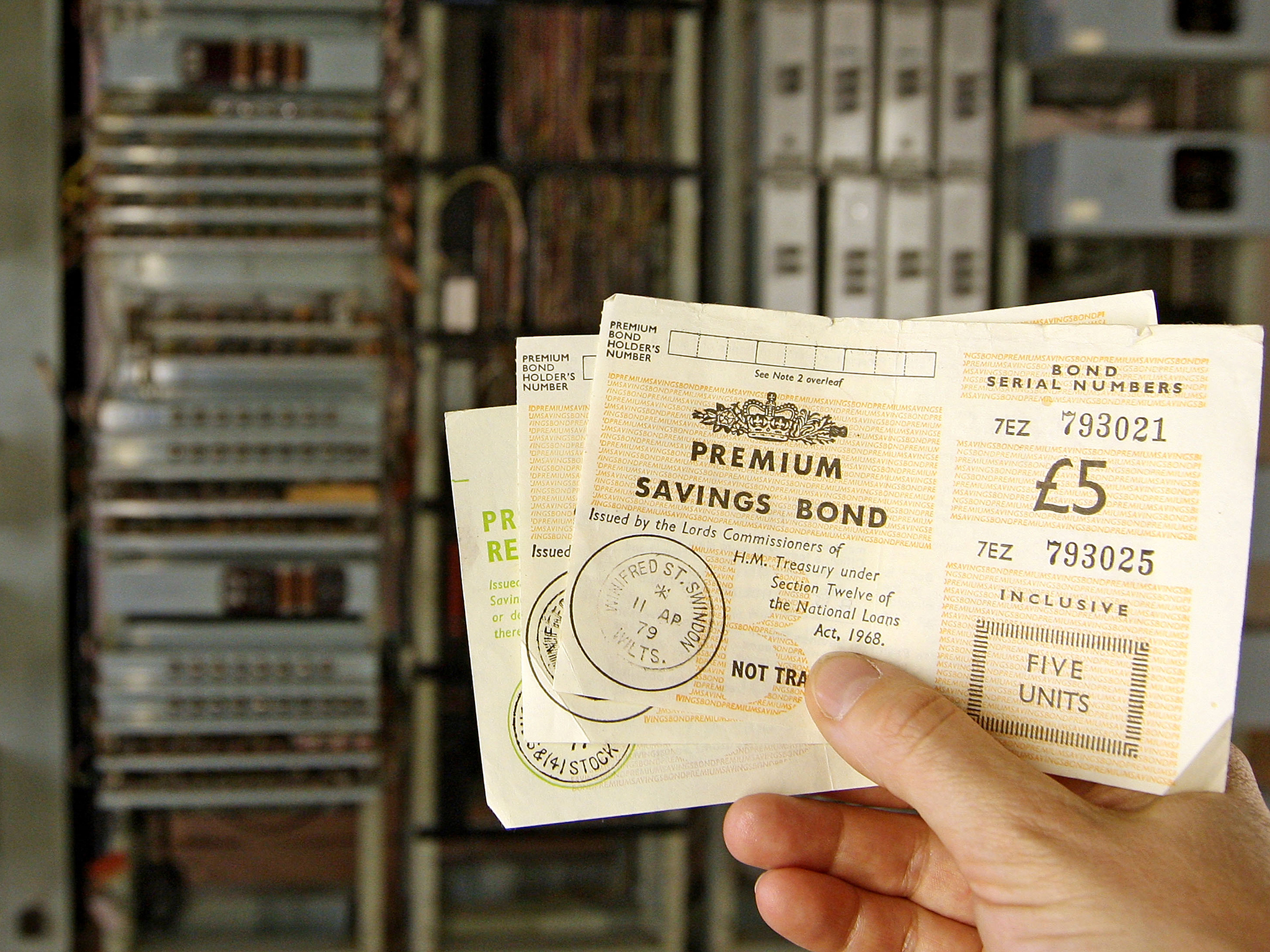 What are the changes to National Savings payouts?
What are the changes to National Savings payouts?Speed Read National Savings & Investments cuts dividends and prizes for bonds
-
 China clears path to new digital currency
China clears path to new digital currencySpeed Read Unlike other cryptocurrencies, Beijing’s would increase central control of the financial system
-
 Why are donations surging to the RNLI?
Why are donations surging to the RNLI?Speed Read Charity enjoys flood of funding after criticism for overseas work
-
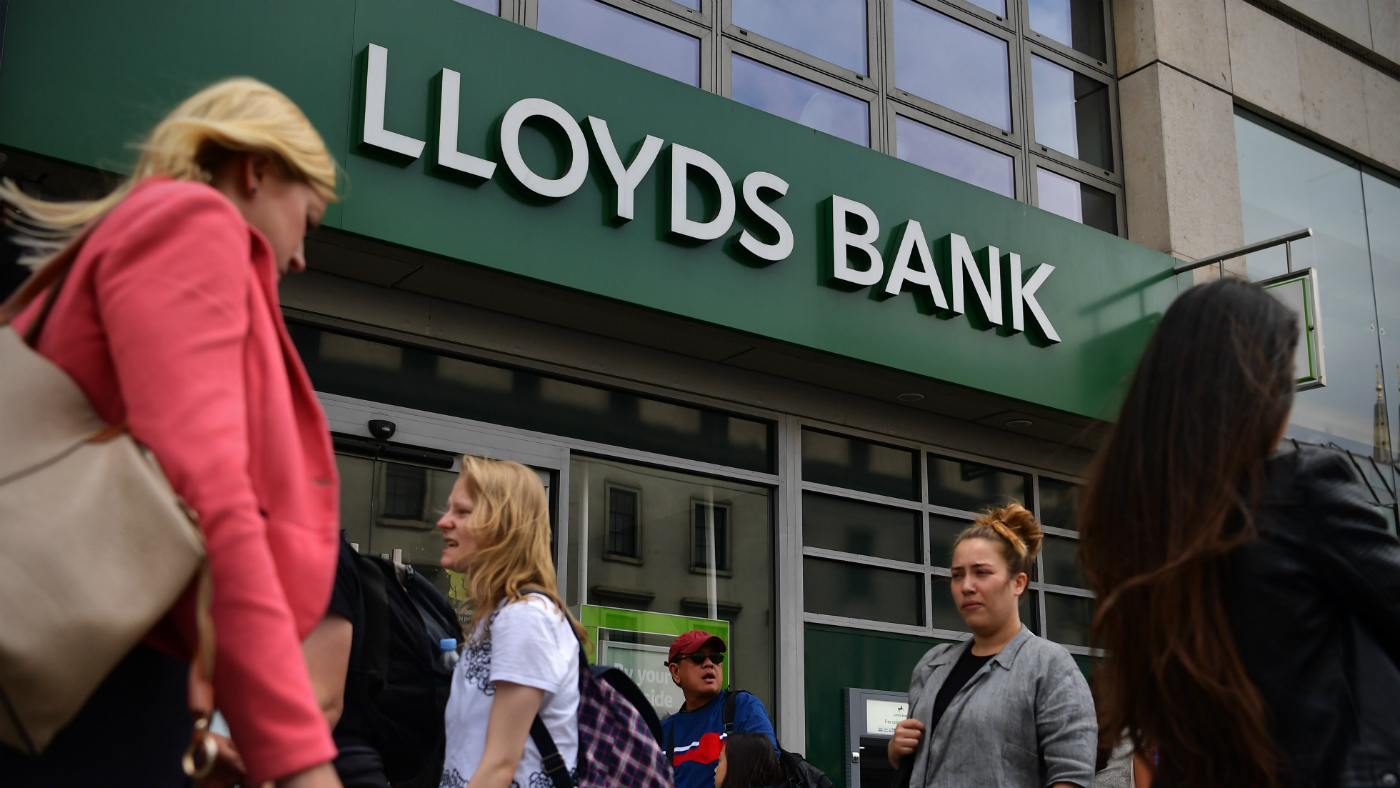 PPI deadline day: how to claim
PPI deadline day: how to claimSpeed Read Final chance for consumers to apply for compensation